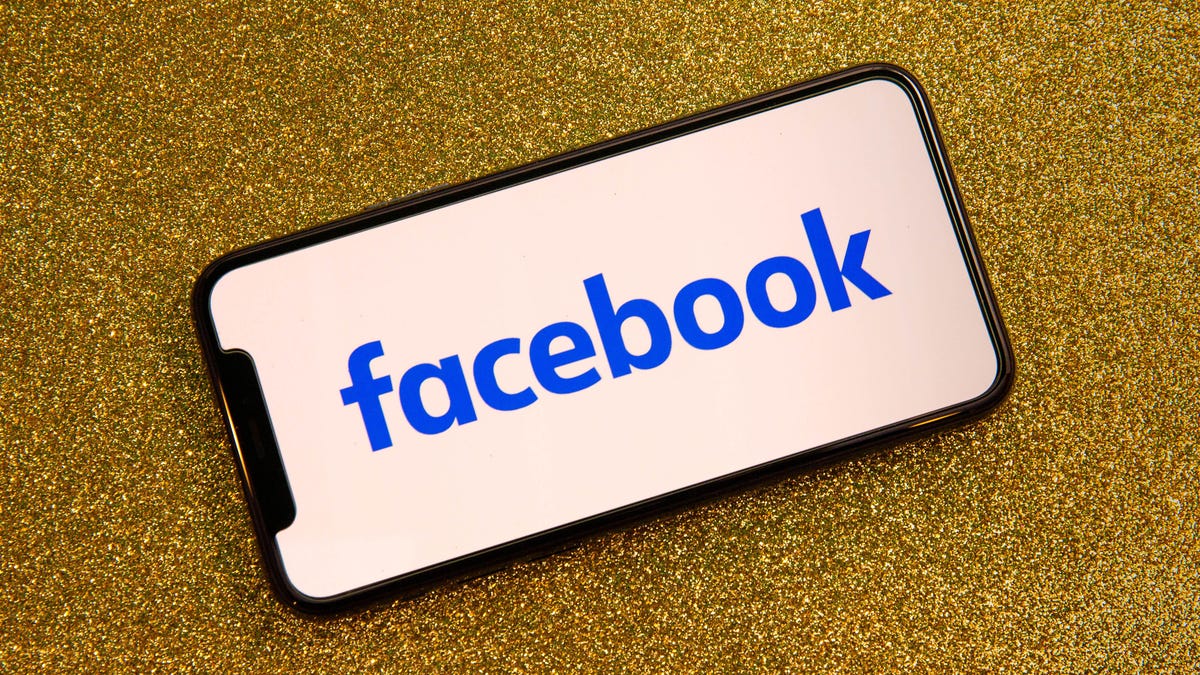Facebook is thinking about forming an election commission, report says
The social network has faced criticism in the past for how it handles political misinformation.

Facebook already has a content oversight board.
Facebook is reportedly thinking about forming a new commission to weigh in on election misinformation, political ads and other issues that the social network has grappled with in previous elections.
The New York Times, citing five people with knowledge of the discussion, reported on Wednesday the company has talked with academics and policy experts about possibly forming a new election commission. The news outlet didn't name the experts Facebook has approached but said the plans are still preliminary. If Facebook moves forward with the idea, the company could announce the new commission in the fall before the 2022 midterm elections.
The social network already created an independent oversight board to make rulings about its toughest content moderation decisions, including Facebook's suspension of former US President Donald Trump in the wake of the deadly Jan. 6 Capitol Hill riot. The oversight board, though, left it up to Facebook to decide how long Trump's suspension would last, and the social network decided on at least two years. Forming another body could help Facebook tackle criticism from both Democrats and Republicans, who have both expressed dissatisfaction with how Facebook moderates political content but for different reasons.
Democrats say the social network hasn't done enough to combat false election-related claims while Republicans allege the company is intentionally censoring political speech. Facebook has repeatedly pushed back against the allegations.
The social network has also said repeatedly that it doesn't want to be the "arbiter of truth," but politicians, advocacy groups and other critics say the company is trying to avoid responsibility through the creation of new boards.
Facebook said it didn't have a comment.

